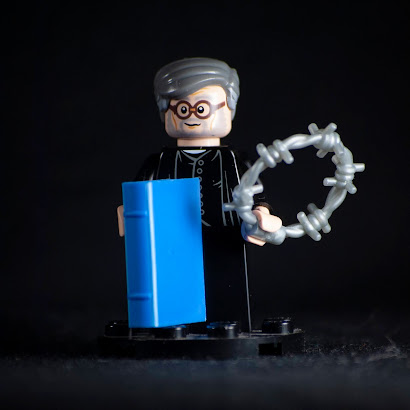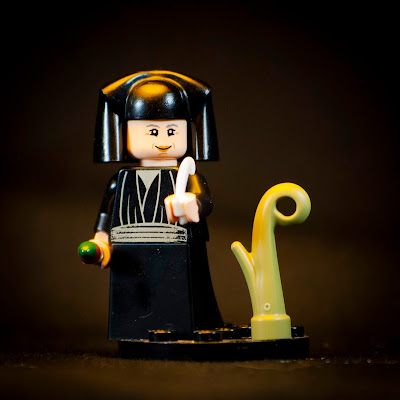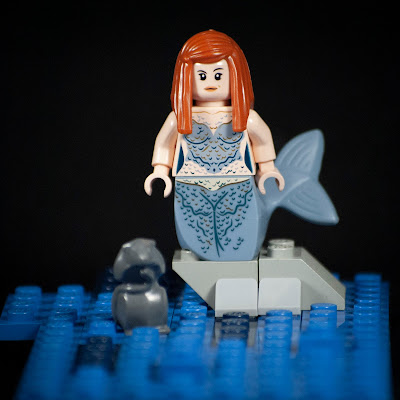St. Maximilian Kolbe
Maxmilian Kolbe is one of the most inspirational modern saints. He was referred to by Pope St. John Paul II as "the patron saint of our difficult century" in reference to the 1900s.
Often, many of us wonder what we would do if we faced a difficult situation, such as taking on risk for declaring our faith, or offering our own life for another's. Maxmilian Kolbe faced the Nazi threat in his occupied country of Poland and stood up for what is right, at the cost of his own life.
Region: Poland
Patronages: Prisoners; Journalists; Families
Iconograpy: Franciscan robes; Nazi concentration camp prisoner uniform; Blue Knight of The Immaculate magazine
Feast Day: August 14
Born Rajmund Kolbe in the Kingdom of Poland, Maximilian received his better-known religious name upon joining the Minorite branch of the Franciscan order.
In his monastery, Maximilian founded an evangelization movement which is now a global organization known as the Militia Immaculate, or Knights of the Immaculata. Four years later he also started a monthly magazine for the same cause. Maximilian also operated a printing press, and later opened a new monastery which became a major religious publishing center and junior seminary.
Maximilian spent the next few years on missions in Asia, including China and Japan, where he established a monastery outside Nagasaki. He also founded another monastery in India, which has since closed, before returning to Poland.
After a little while back, Maximilian formed a radio station out of his monastery, but soon after World War II broke out. Many of his fellow friars fled, but Maximilian stayed, helping to convert the monastery into a temporary hospital.
Because he had German heritage, Maximilian was offered German rights when the Nazi Germans invaded his town, but Maximilian refused to sign the paperwork to do so. He returned to his monastery and provided shelter to refugees and helped to hide Jews from German persecution.
He also continued to publish religious works out of the monastery's publishing house, which included anti-Nazi messaging. Eventually, the monastery was shut down by German authorities and Maximilian and four other friars were arrested by the Gestapo. From there, Maximilian was transferred to the Auschwitz concentration camp.
Maximilian continued to work as a priest even in the concentration camp, which netted him regular beatings and harassment from the Nazi guards.
After a few months, one prisoner escaped from the camp. In order to discourage future escape attempts, the guards selected ten men at random who would be starved to death. But when one of the men cried out, "My wife! My children!", Maximilian offered to starve in his place.
Maximilian and the other nine men were locked in a separate prison, starved,and deprived of water. Maximilian led the rest of the men in prayer, and when checked on was nearly always kneeling calmly. After two weeks, the other nine men had died, but Maximilian was still alive. The Nazi guards wanted the bunker emptied, so they executed Maximilian with a lethal injection instead.
Prayer to St. Maximilian Kolbe
Introduce me to Mary, the Immaculata, Mother of God.She prayed for Jesus in a Jerusalem jail.She prayed for you in a Nazi prison camp. Ask her to comfort mein my confinement. May she teach me always to be good.If I am lonely, may she say, “God is here.”If I feel hate, may she say, “God is love.”If I am tempted, may she say, “God is pure.”If I sin, may she say, “God is mercy.”If I am in darkness, may she say, “God is light.”If I am unjustly condemned, may she say, “God is truth.”If I have pain in soul or body, may she say, “God is peace.”If I lose hope, may she say: “God is with you all days, and so am I.”Amen.






